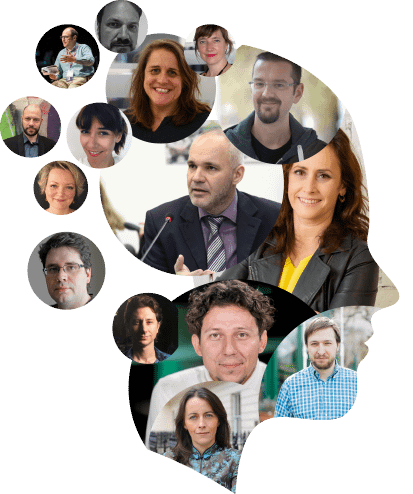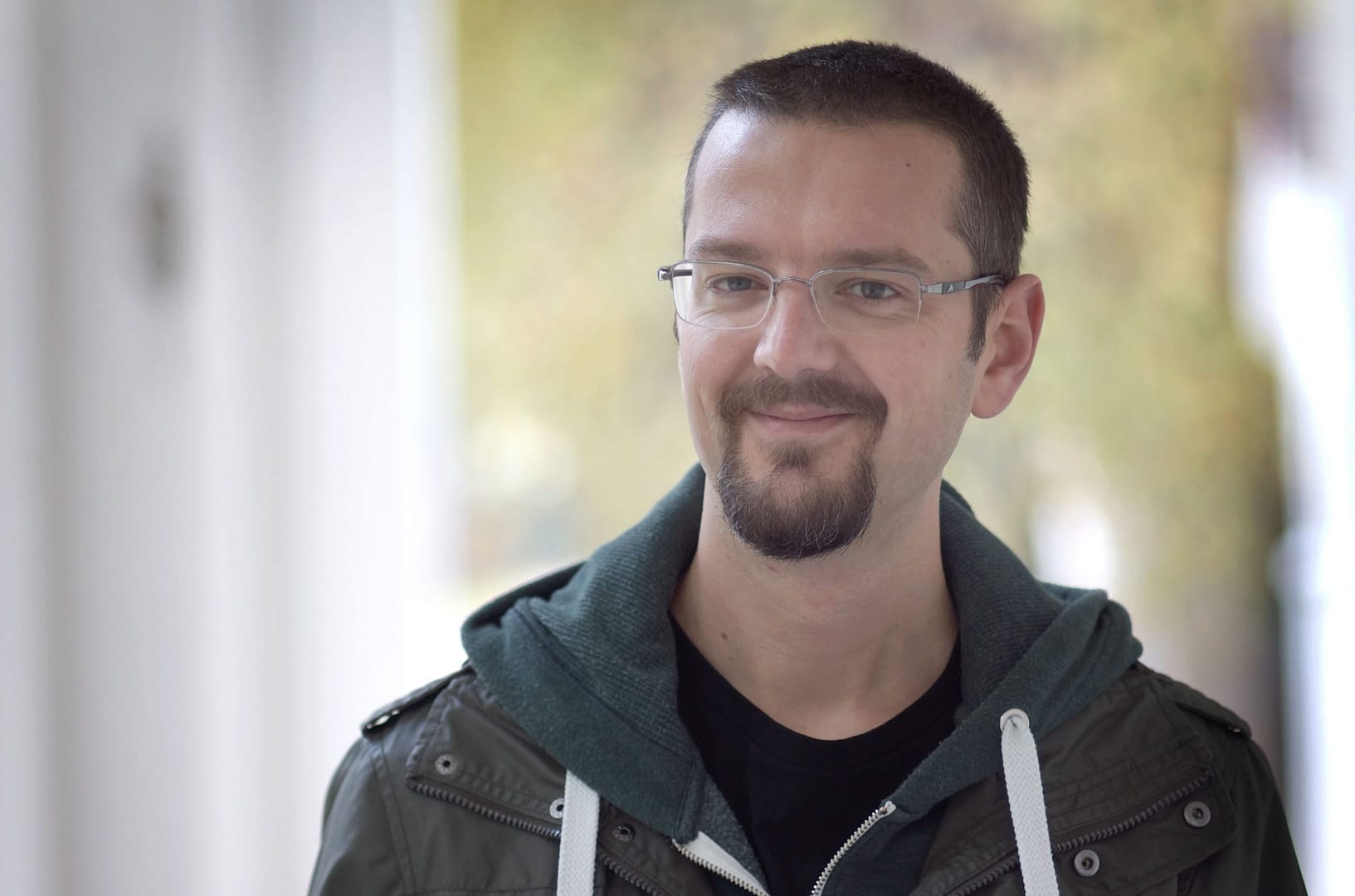Despite counting only two full time employees, Citizen D’s activities are various and in-depth. Their actions range from privacy rights monitoring and training, to investigating practices within the advertising industry and holding discussions on the purpose of mass media in a democratic society. They offer media literacy and digital privacy trainings, and they raise awareness through campaigns. One example is a national anti-hate campaign drawing attention to the Slovenian public funding of Hungarian propaganda outlets.
While Citizen D aims to encourage active citizenship and democratic participation, they take legal action on their own. “This myth around an active citizen that will react and gather sufficient information from the media to make their own case, that’s not the reality we’re seeing,” Domen explains. To help lift the onus from citizens, they’ve adopted an approach of working from A to Z. “Our job doesn’t end when we file a report. From that we analyze the problems, we define which decision makers are responsible, and we pursue that.” Frustrated by the limited functioning of the legislation in some areas, for example around false advertising, they have also taken to proposing legislative recommendations.
In the Slovenian political context – which Domen has written about – Citizen D faces a double battle. In addition to the deeper problem of political propaganda funded by public money, they have to respond to a prevailing narrative around so-called ‘fake news’. They have developed a targeted approach, following the money between all relevant public services and actors (advertisers, public funds, political parties, etc.). This posture can make financing complicated. Citizen D tries to maintain a dispersed model of funding, developing alternative sources of revenue that include commercial projects – in line with their mission and under a code of conduct. Meanwhile, the lack of outside, international media pressure on Slovenia means that local issues are often ignored. “I’d have an easier time saying there was a problem with Russian propaganda. Nobody is focused on Orban and Vishegrad,” says Domen.





